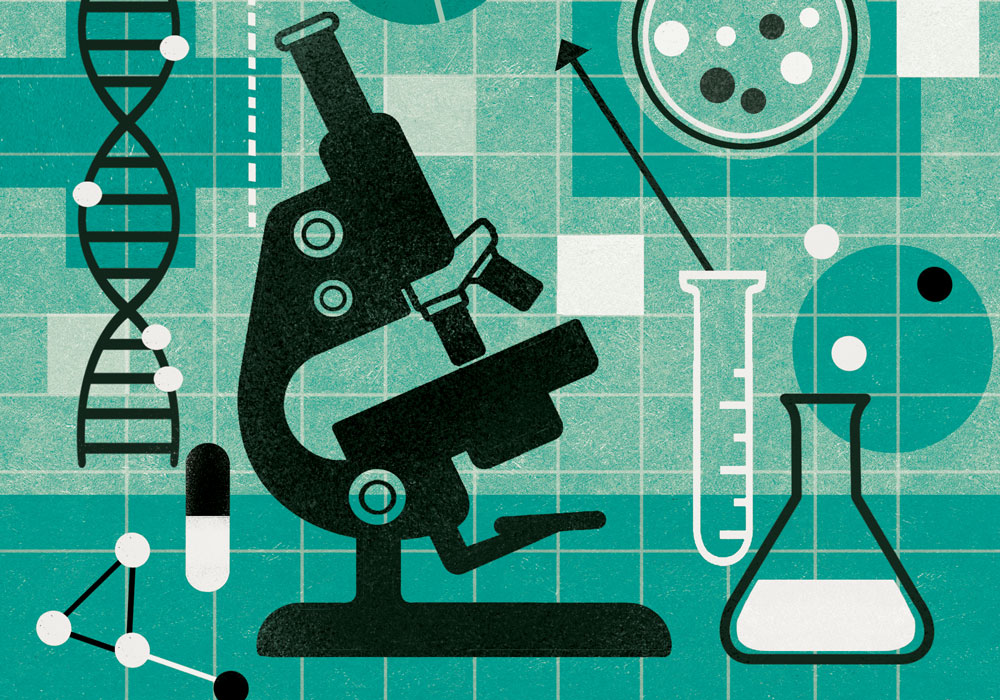Still a popular program throughout the government, the Cancer Moonshot Initiative challenged the United States to meet goals to accelerate cancer research progress, encourage collaboration in finding treatments and cures, and to improve data sharing to make a decade’s progress in half the time.
Through NIH’s Moonshot Blue Ribbon Panel and the 2016 passage of the 21st Century Cures Act—allocating $1.8 billion over seven years for Moonshot—the initiative is moving out of planning and into the research phase.
Research programs are focusing on three key areas:
- Cancer immunotherapy: The Immuno-Oncology Translational Network—which includes 31 principal investigators at 19 different institutions—is investigating the mechanisms by which tumors in adults interact with the immune system, developing new immune-based therapies, and creating approaches for minimizing the risk of treatment side effects.
- Fundamental research: The Human Tumor Atlas Network is a collaborative network of investigators at 10 research centers and one data management center. New technologies will capture how cancers change over time—from precancerous lesions to established tumors to resistant tumors to metastases—and describe the composition and genetic makeup of cell types in and around tumor tissues.
- Patient engagement: Per the Blue Ribbon Panel’s recommendations, researchers are developing a network to directly engage with patients. The network would enable patients diagnosed with cancer to have their tumors molecularly profiled and preregister them for potential clinical trials.
Although the federal funding allocation for the Moonshot is limited in both amount and time, the initiative continues to have broad congressional support. Future funding would ultimately be based on any advancements found during the collaborative research process.






